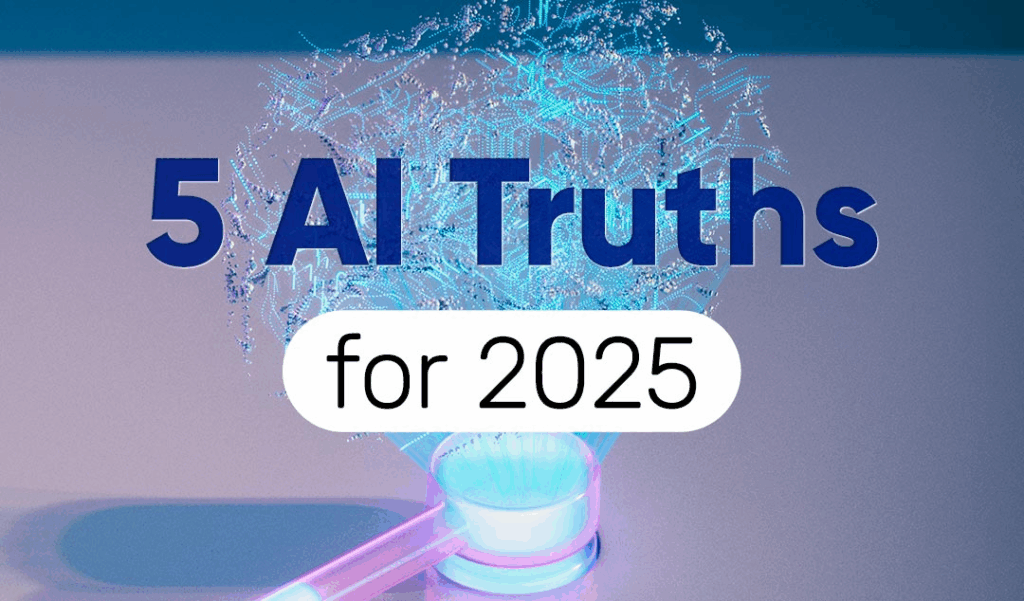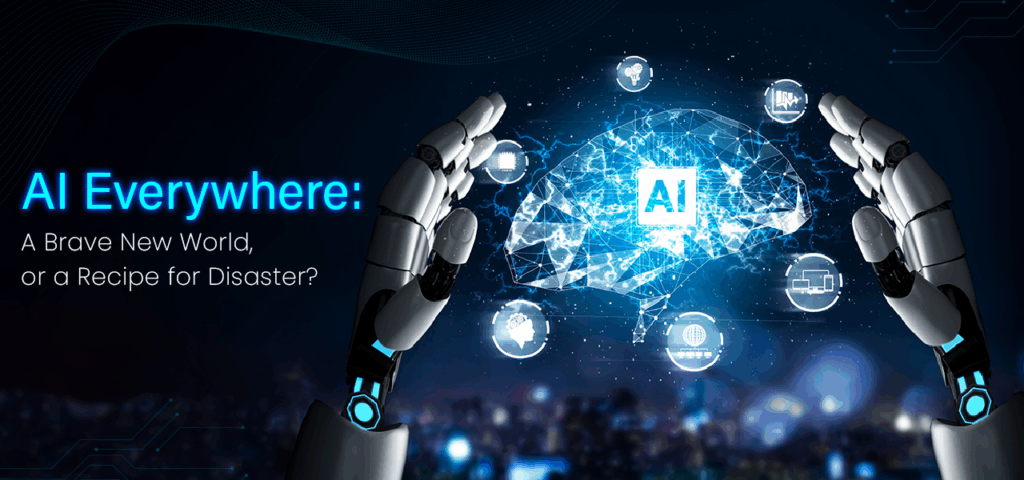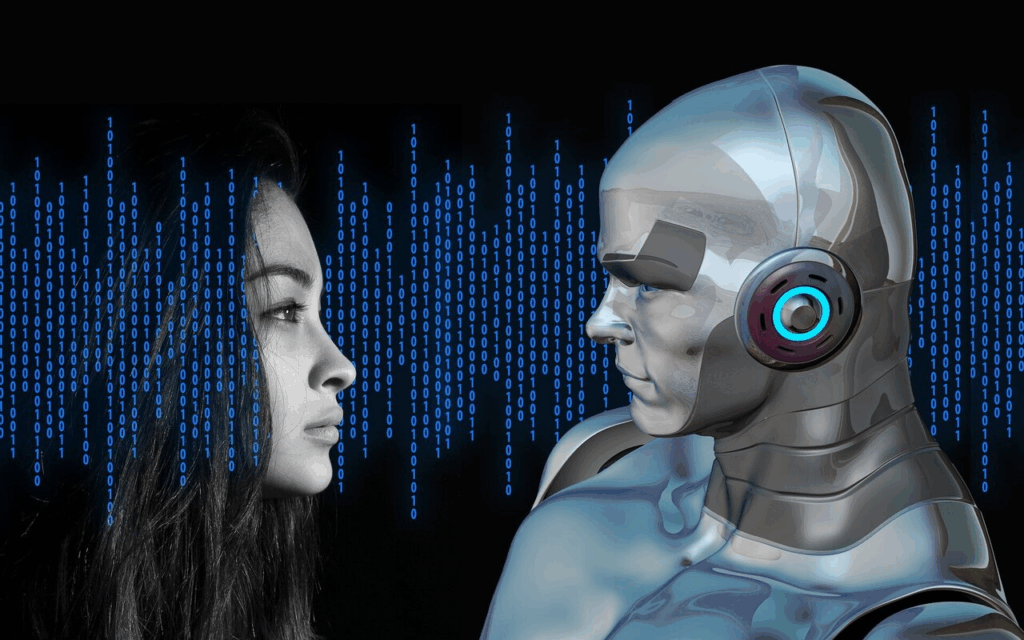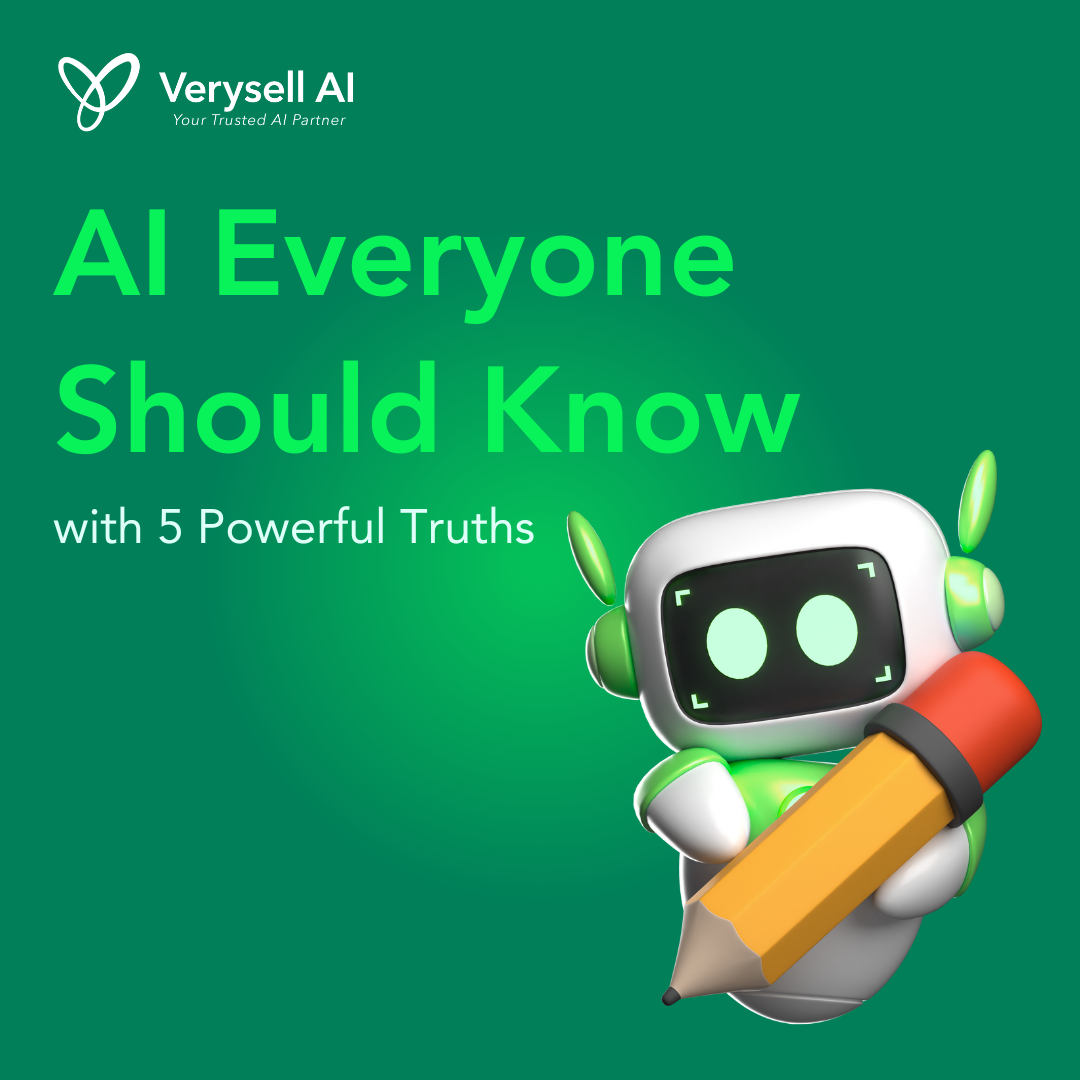
AI is no longer a futuristic concept which is the defining technology of our time. From transforming industries to influencing our daily routines, artificial intelligence is reshaping how we live, work, and think. Yet, alongside the hype and headlines, many misconceptions remain. Some fear AI will replace humans altogether, while others underestimate its transformative power.
The truth lies somewhere in between. AI is not a silver bullet nor a looming apocalypse when it is a tool, an amplifier, and a catalyst for human progress. To navigate this era with confidence, we need to understand what AI can and cannot do, and why adopting it wisely will define the winners of tomorrow. Here are 5 powerful truths about AI everyone should know.
>> Read more to explore our services and solutions
1. AI Won’t Replace Humans, but Humans Who Use AI Will Replace Those Who Don’t
The most important truth is also the simplest: AI is not about replacing people because it’s about augmenting them. AI takes over repetitive and time-consuming tasks, freeing humans to focus on creativity, strategy, and empathy (Akinnagbe, 2024). For instance, a lawyer who uses AI to scan legal documents can build stronger arguments faster than one who manually sifts through thousands of cases. A doctor using its diagnostics can catch early signs of disease more accurately than a peer who resists the technology as Human-AI collaboration.

The competitive advantage lies in combining human judgment with AI efficiency. Those who embrace AI will outperform those who don’t, not because machines are better, but because they make humans better.
2. AI Is Already Everywhere-even If You Don’t See It
AI isn’t just powering robots or self-driving cars. It’s already woven into the fabric of everyday life. When Netflix recommends your next series, when Google Maps reroutes you around traffic, or when your email filters spam, it is at work. Businesses that understand this ubiquity gain an edge. Retailers use AI for personalized recommendations, banks rely on AI adoption strategies for fraud detection, and manufacturers leverage predictive analytics to prevent equipment failures.

3. AI Is Only as Smart as the Data—and the Humans Behind It
Despite its sophistication, AI is not magic. It learns from data, and data is imperfect. If the data is biased, incomplete, or poorly managed, it will mirror those flaws. Take facial recognition systems that misidentify people of color, or hiring algorithms that unintentionally discriminate based on gender. These are not AI’s independent decisions, they are reflections of the data humans fed into it. That’s why human oversight is critical. It should be viewed as an assistant, not an oracle. It provides insights, but people must ensure accuracy, fairness, and ethical use.

When data is flawed or incomplete, AI can produce inaccurate or even harmful outcomes, underscoring the need for human oversight. Ultimately, the value of AI lies not just in its computational power but in how responsibly people design, train, and apply it.
4. AI Unlocks Human Creativity, Not Just Productivity
One of the lesser-known truths is that it is not only about efficiency—it’s also about creativity. Generative AI tools can help designers brainstorm new product concepts, assist writers in drafting content, or inspire musicians with novel compositions.

For example, architects are using AI ethics and responsibility to generate dozens of design prototypes in hours, enabling them to explore ideas they might never have considered. Instead of stifling imagination, it expands it. The key lies in mindset. Those who see as a collaborator, rather than a competitor, discover new ways to innovate. Far from making us less creative, it pushes the boundaries of what creativity can be.
5. AI Demands Responsibility, Not Blind Adoption
Finally, the rise of AI raises profound ethical and societal questions. Who is accountable when an AI makes a mistake? How do we protect privacy in a world of data-driven algorithms? What safeguards prevent misuse of powerful models?

AI must be developed and deployed with responsibility. That means transparency in how algorithms work, accountability for their outcomes, and regulation that balances innovation with safety. Businesses that ignore this risk public trust; those that embrace ethical AI gain long-term credibility. Adopting AI is not optional, but adopting it responsibly is non-negotiable.
Conclusion
AI is here, and it’s here to stay. But to benefit from its potential, we must understand the 5 powerful truths:
- It won’t replace humans, but will empower those who use it.
- It’s already everywhere, even if invisible.
- It is only as good as its data and human oversight.
- It fuels creativity as much as productivity.
- It demands responsibility and ethical adoption.
These truths reveal that the future will not be defined by AI alone but by how humans choose to work with it. The winners will not be machines, nor humans resisting them, but humans who collaborate with AI to unlock new possibilities. The question is not whether AI will shape your future. The real question is: how will you shape your future with AI?


